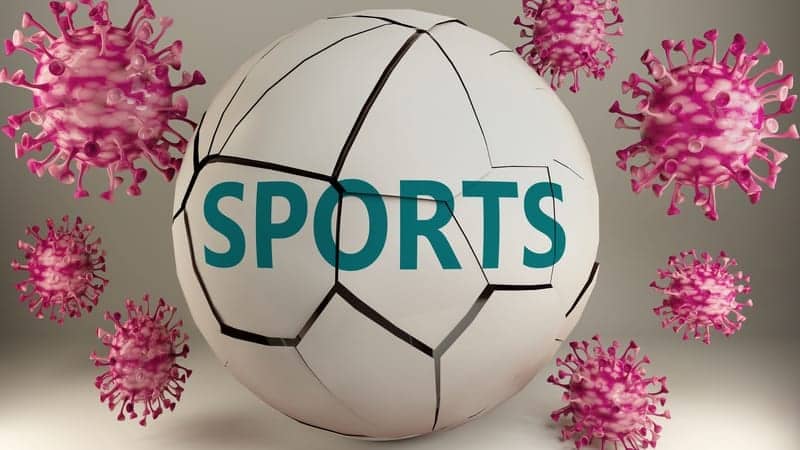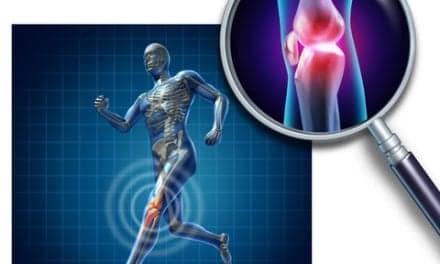A multidisciplinary team of sports medicine physicians, infectious disease, and other specialists in The Permanente Medical Group, which serves Kaiser Permanente members in Northern California, has developed and released a comprehensive guidance for youth, high school, and collegiate athletes to return to sports safely during the COVID-19 pandemic.
The COVID-19: Return to Sports Playbook provides information about exercise and the immune system, symptoms of COVID-19 and how it spreads, and hygiene and infection prevention. It provides recommendations for healthy food choices, sleep, mental health considerations, and coping mechanisms. In addition, it offers a wide range of sports-specific guidance for a safe return to activities.
“COVID-19 has sidelined most athletes as it has impacted every aspect of life. We assembled our top sports medicine physicians to develop the COVID-19 Return to Sports Playbook. This will help young athletes as well as their parents, coaches, trainers, teams, and leagues better understand the evidence-based strategies for getting back in the game as safely as possible.”
— Richard S. Isaacs, MD, FACS, CEO and executive director of The Permanente Medical Group
Evolving Info Should Influence Decisions
Evolving information about how viruses affect the immune system should influence decisions by individual athletes and sports leagues, Susan M. Joy, MD, co-director of the Kaiser Permanente Sports Medicine Center in Sacramento, who led development of the playbook, notes.
“Much is still not well understood about the new COVID-19 virus and how it will behave in the coming months and years. The playbook is intended to help athletes navigate what lies ahead, even if it is still changing and hard to predict. By employing the tips and tools offered here, we hope that athletes can still find meaningful connection, achievement, and satisfaction in the unpredictable world of sports.”
— Susan M. Joy, MD, a sports medicine specialist
Strategies for phasing in different sports will continue to be complicated and change over time, Jason Brayley, MD, Kaiser Permanente’s medical director of sports medicine in Northern California and chief of sports medicine for the greater Sacramento region, adds.
“The playbook was designed to help athletes better understand the rationale for developing these evolving strategies.
“For example, what happens in sports where athletes and coaches can maintain appropriate distancing will be different than in close-contact sports, and equipment involved in certain sports varies. Proper cleaning of equipment and sporting goods like basketballs and volleyballs is often overlooked, but it can help protect against the spread of infection.”
— Jason Brayley, MD, co-director of the Kaiser Permanente Sports Medicine Center in Sacramento
Includes Exercises and Training Tips
The playbook provides exercises to help decrease the chance of common injuries upon a return to athletics, as well as sport-specific training tips for athletes having a difficult time staying engaged with their training. In addition, it provides valuable guidance on relevant topics ranging from weight-room spotting and addressing mental health issues to wearing masks, cleaning equipment, and finding creative substitutes for handshakes and high-fives.
“The playbook outlines simple recommendations from the Centers for Disease Control and Prevention that go a long way toward protecting athletes, and we discuss how sports can adopt new ways to minimize future risks while maintaining the fun and competition.”
— Jason Brayley, MD
[Source: Kaiser Permanente]
Related Content:
Accelerated Return to Play: Should We Be Pumping the Brakes?
Call to Action: Return to Safe Exercise During Pandemic
How Emotions Improve Return to Sport After Knee Injury





